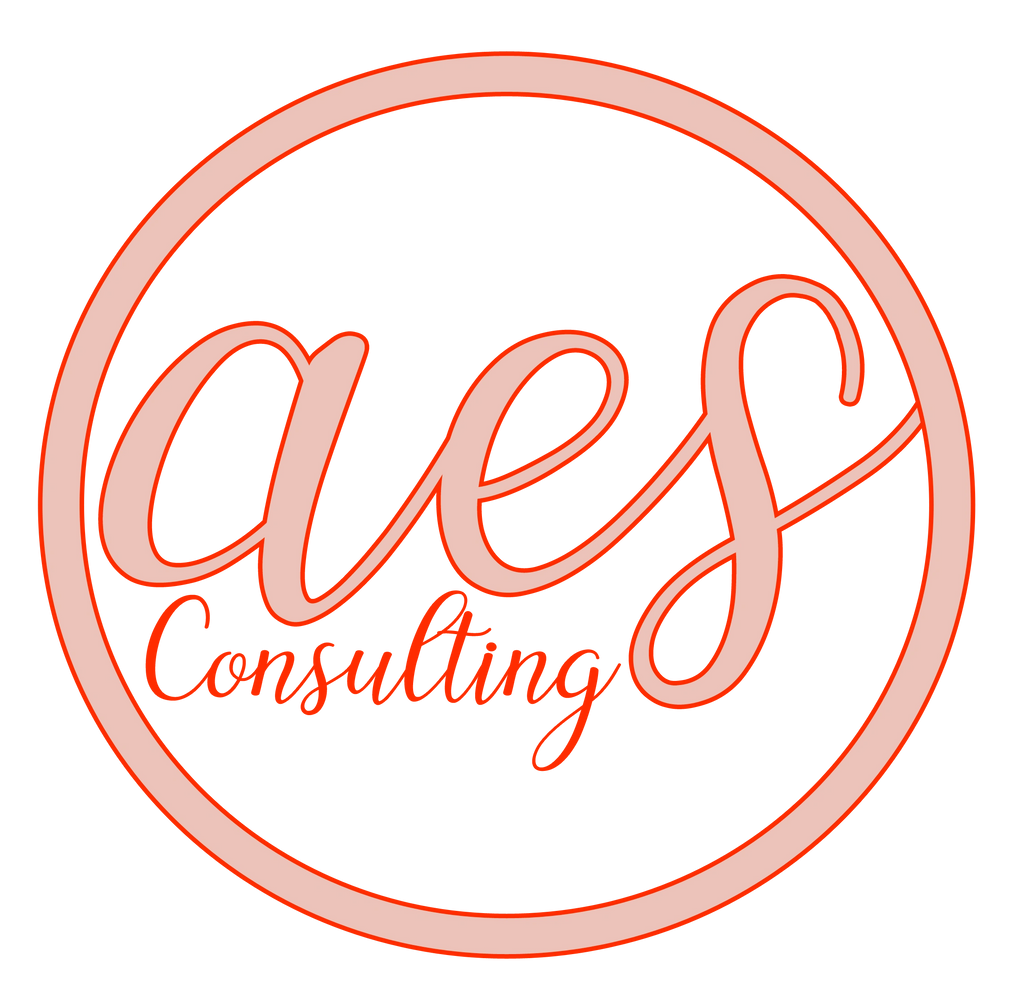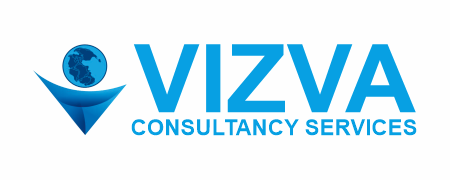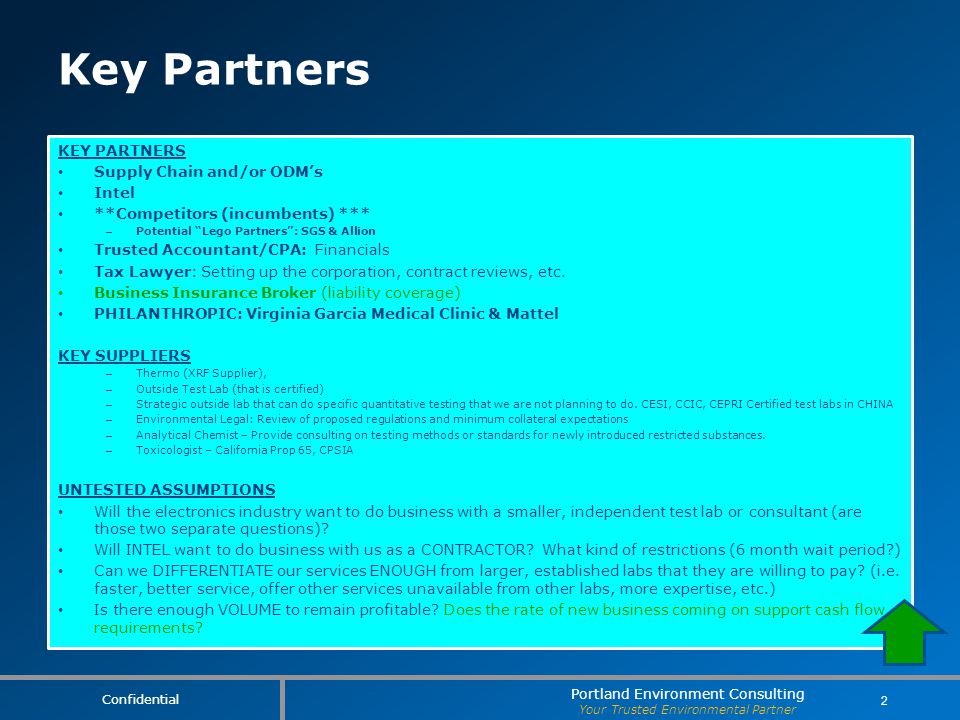
Why should you hire consultants Here are some benefits to hiring consultants: Intangible results; Expertise; Travel; and Cost. Learn more to determine if you are a good candidate for a consultant. Ask the experts questions! This article will examine the advantages of consulting as a career. Hire a consultant with the right expertise to help you start. You'll also find out what other reasons are worth considering.
Intangible outcomes
Consulting is a way to create value for clients. Because consultants are more expensive than employees, they charge more. Intangible results of consulting include happier clients, higher social status, and perceived expertise. Here are some ideas that increase the value of your work. Your client relationships will be more enjoyable if you can provide tangible results. Hence, clients are willing to pay more for consulting services.

Expertise in one particular field
A specialist in a field can make it easier to transition into consulting. Experts are more sought-after than generalists. This is because the top consulting firms have high demand for their expertise. Although experts must pass the same case interviews as generalists they are often more successful than those who have not received specialized training. Experts are often paid more than generalists.
Consultants hiring costs
Often, hiring managers make the mistake of oversimplifying the financial analysis that goes into hiring a consultant. While hiring a consultant will incur a higher cost than hiring an employee, the real costs of such a decision are much lower than those of an employee. Consultants generally charge less per hour than employees. And, the cost of training a new employee can be a lot lower than training a consultant.
Traveling as an advisor
When you travel as a consultant, it is important that you understand the rules and regulations governing your travel time. Non-exempt consultants have to travel for work. They also get paid for their time away from home. According to federal and state regulations, travel time is compensated based on the origin of travel and the location of the Consultant's personal residence. It is considered work time if the time spent away is not during regular working hours.

Consultants: Creating a plan for knowledge management
To develop a knowledge management program for your business, you will need to spend time and money identifying your goals. Once you have established your goals and objectives, you can establish metrics to measure your knowledge-management program's effectiveness. This will enable you to monitor your progress in real time and measure your overall effectiveness. In a matter of months, the benefits of knowledge management will become evident and you'll start to see immediate results.
FAQ
How do I choose a consultant?
There are three major factors you should consider:
-
Experience - How experienced is this consultant? Is she a beginner, intermediate, advanced, expert, or something else? Does her resume demonstrate that she has the required skills and knowledge
-
Education - What did this person learn during school? Did he/she take any relevant courses after graduating? Is there evidence that he/she learned from the writing style?
-
Personality: Do you like this person or not? Would we prefer him/her working for us?
-
These questions can help you determine whether the consultant is right for your needs. If you do not have the answer, it is worth interviewing the candidate to find out more.
Why would a company want to hire a consultant for their business?
Consultants offer expert advice to help improve your business' performance. They are not there to sell you products.
A consultant helps companies make better decisions by providing sound analysis and recommendations for improvement.
Consultants often work with senior management to help them understand how to succeed.
They offer leadership coaching and training to help employees reach their full potential.
They could advise businesses about reducing costs, streamlining processes and increasing efficiency.
What was the origin of modern consultancy?
The first consultants were accountants that helped companies manage finances. They became known as "accounting consultants." This was because they had become very skilled at managing financial information. They soon expanded their roles into other areas like human resources management.
The French word for advice, "consultant", was originally used to describe someone who could advise on the management of an organization. The word consultant is still used by most business owners to refer to any kind professional advisor.
Statistics
- "From there, I told them my rates were going up 25%, this is the new hourly rate, and every single one of them said 'done, fine.' (nerdwallet.com)
- My 10 years of experience and 6-step program have helped over 20 clients boost their sales by an average of 33% in 6 months. (consultingsuccess.com)
- According to IBISWorld, revenues in the consulting industry will exceed $261 billion in 2020. (nerdwallet.com)
- So, if you help your clients increase their sales by 33%, then use a word like “revolution” instead of “increase.” (consultingsuccess.com)
- According to statistics from the ONS, the UK has around 300,000 consultants, of which around 63,000 professionals work as management consultants. (consultancy.uk)
External Links
How To
What's a typical day like for a Consultant?
The type of work that you are doing will affect the typical day. You will be spending time researching, planning new ideas, meeting with clients, and creating reports.
You'll often have meetings with clients where you can discuss issues and solve problems. These meetings can be conducted over the phone, by email, face-to-face, or online.
It is possible that you will be asked to write proposals. These documents outline your ideas and plans, and are required by clients. Before presenting these proposals to clients, you will usually need to discuss them with a colleague or mentor.
After all the preparation, you'll need to start creating content. You could write articles, design websites, edit photos or conduct interviews.
Depending on your project's scope, it may be necessary to do research to get relevant statistics. For instance, you might want to find out how many people you have and if they are buying more than just one product or service.
Once you have enough information, it is time to present your findings and conclusions to clients. Your findings can be presented orally or written.
Finally, you must follow up with clients after the initial consultation. For example, you might call them periodically to see how things are going or send emails asking them to confirm that they received your proposal.
This is a long process that can take some time. However, it is crucial to stay focused and to maintain good relationships.